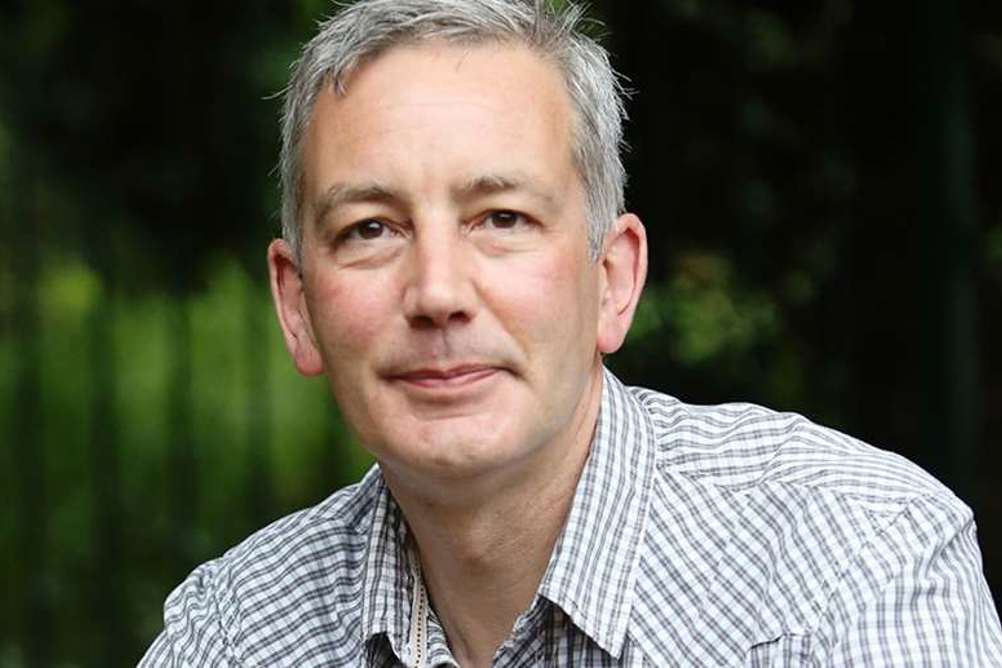
The world is full of ambiguity at the moment; I suppose that’s a reflection of the current political and sociological impasse that we find ourselves at. Everything is in limbo and there appears little we mere citizens can do to elicit change (apart from vote, of course). Perhaps in a climate of austerity, you don’t want to hear how it is at the coalface if you are making policy?
I have been reading a fair amount lately, mainly to attempt to understand why our education system looks the way it does. I’ve benefited from Bill Lucas and Guy Claxton’s book Educating Ruby, which is a well-thought-out call to arms for those who actually ‘use’ or work in education.
Register now to continue reading
Thank you for visiting Nursery World and making use of our archive of more than 35,000 expert features, subject guides, case studies and policy updates. Why not register today and enjoy the following great benefits:
What's included
-
Free access to 4 subscriber-only articles per month
-
Unlimited access to news and opinion
-
Email newsletter providing activity ideas, best practice and breaking news
Already have an account? Sign in here
